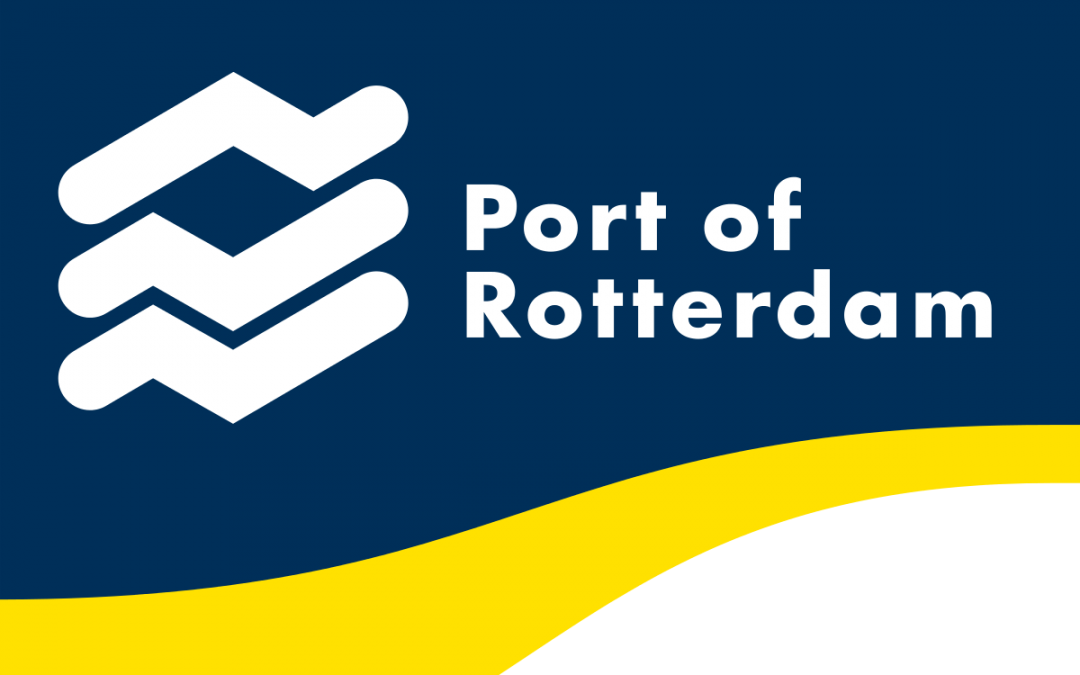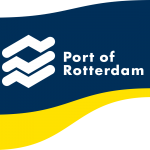Digital attacks pose increasing risks to nautical and logistics processes in Dutch seaports. To deal with cyber threats, the Seaports Trade Organisation (Brancheorganisatie Zeehavens, BOZ), the Ministry of Infrastructure & Water Management and the National Coordinator for Counterterrorism and Security (NCTV) have together developed and defined a strategy titled Cyber Strategy for Dutch Seaports. Based on this strategic plan, the FERM Foundation – already operational at the ports of Rotterdam and Moerdijk – will be transformed into a national cybersecurity platform for Dutch seaports as united within BOZ. The cooperative agreement was signed by all parties on 10 December.
Digital threats to ports are growing daily. Cyber incidents impact the entire supply chain due to the close interconnectedness of the various parties. To ensure greater resistance to this, port managers united under BOZ (Groningen Seaports, North Sea Port, Port of Rotterdam, Port of Moerdijk and Port of Amsterdam) will be working with local companies to ensure the port ecosystem becomes more digitally resilient. To this end, FERM’s activities are being expanded and extended to the other Dutch seaports. FERM was founded in 2021 with the aim of fostering cooperation between companies in the Port of Rotterdam to raise corporate awareness of cyber risks and become the best digitally secured port in the world.
Boudewijn Siemons, Chair of BOZ and CEO of Port of Rotterdam Authority: “Cybersecurity is critical to the continuity and security of our ports. At a time when digital threats are becoming more sophisticated, we must take proactive and concerted action to protect our infrastructure and operations. Only by working together can we strengthen the resilience of our ports and prepare for the challenges of the future. It’s great that the seaports have come together on this issue and we all realise just how hugely important it is. Together we will build on what FERM has already achieved in recent years.”
Joint and national strategy
Over the coming period, a team will be working to establish the national FERM organization. Evelien Bras, current Director of FERM will hand over the baton to Marijn van Schoote, currently CISO (Chief information security officer) of the Port of Rotterdam Authority, effective 1 January, 2025. In addition to being director of the FERM Foundation, Marijn will also become project leader of nationwide cyber cooperation between seaports. This organization will play a pivotal role in coordinating the cyber resilience of Dutch seaports by exchanging threat information, sharing knowledge and providing necessary training for companies in the port area.
Evelien Bras: “I look back on these last few years with great pride and satisfaction, especially when I think of the major commitment and involvement demonstrated by companies and team members. We have been learning together continually and achieved a great deal as a result. With growing cyber threats from state actors, a need arose from within FERM to take a major step that cannot be achieved with organic growth alone. I am proud to say that this step is now being taken and the value of FERM is being extended and expanded into a nationwide platform with its own profile for each port area.”
About the BOZ
Seaports are essential to the Netherlands and Europe. Dutch seaports with connected logistics networks make global trade possible. They are operational centres for companies in the industrial and energy clusters, providing employment and contributing to prosperity. The Seaports Trade Organisation (BOZ) unites the five nationally significant seaports; Groningen Seaports, North Sea Port, Port of Rotterdam, Port of Moerdijk and Port of Amsterdam. BOZ focuses on issues that transcend individual seaports, representing the interests of our member ports and promoting knowledge exchange and networking among seaport organizations.
Source: Port of Rotterdam






